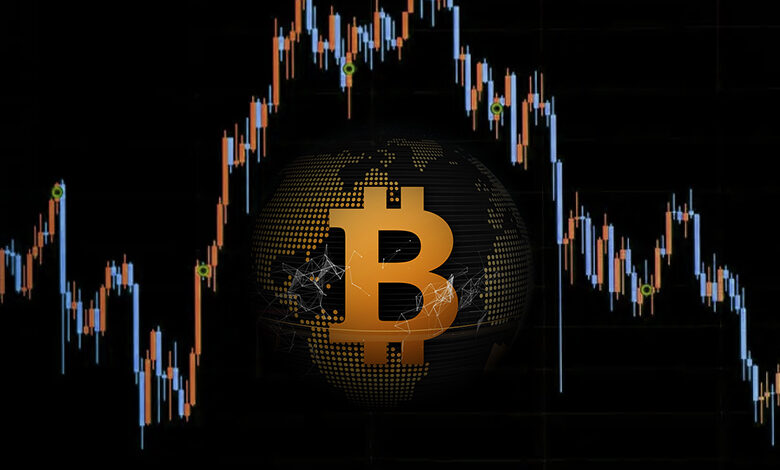Crypto Market Reacts to Trump’s Tariff Announcement on Aluminum and Steel

The cryptocurrency market experienced volatility following an announcement by U.S. President Donald Trump regarding new tariffs on aluminum and steel.
In a move that escalates ongoing trade tensions, Trump declared that all steel and aluminum imports into the United States would face a 25% tariff, according to a February 9 report by the Associated Press.
Additionally, Trump stated that his administration would impose reciprocal tariffs on countries that levy high import fees on U.S. goods. “If they are charging us 130% and we’re charging them nothing, it’s not going to stay that way,” he asserted.
The immediate reaction to the announcement saw a temporary dip in the crypto market. Bitcoin (BTC) briefly fell to $94,000 before rebounding to surpass $97,000, as per data from CoinMarketCap. Ether (ETH) followed a similar pattern, declining to $2,537 but subsequently recovering to around $2,645.
The total cryptocurrency market capitalization dropped from $3.15 trillion to $3.10 trillion but has since climbed back to approximately $3.13 trillion. Despite the recovery, market sentiment has remained cautious.
The Crypto Fear & Greed Index, which gauges investor sentiment, has been in “fear” territory for the past week, averaging a score of 44 out of 100. The latest update on February 10 recorded a slight decrease to 43 from the previous day’s 46.
Trump has indicated plans to extend tariffs beyond aluminum and steel, targeting sectors such as the European Union, superconductors, oil, gas, and copper.
Earlier, on February 1, he imposed a 25% tariff on goods from Canada and Mexico and a 10% tariff on Chinese imports, triggering a downturn in both stock and crypto markets.
Estimates regarding the impact of these tariffs vary. Bybit co-founder and CEO Ben Zhou speculated that crypto liquidations could have ranged between $8 billion and $10 billion, according to Cointelegraph. However, the market rebounded after Trump temporarily paused tariffs on Mexico and Canada for 30 days starting February 3.
While this move provided some relief, Trump has not ruled out reinstating the levies once the pause period ends.





